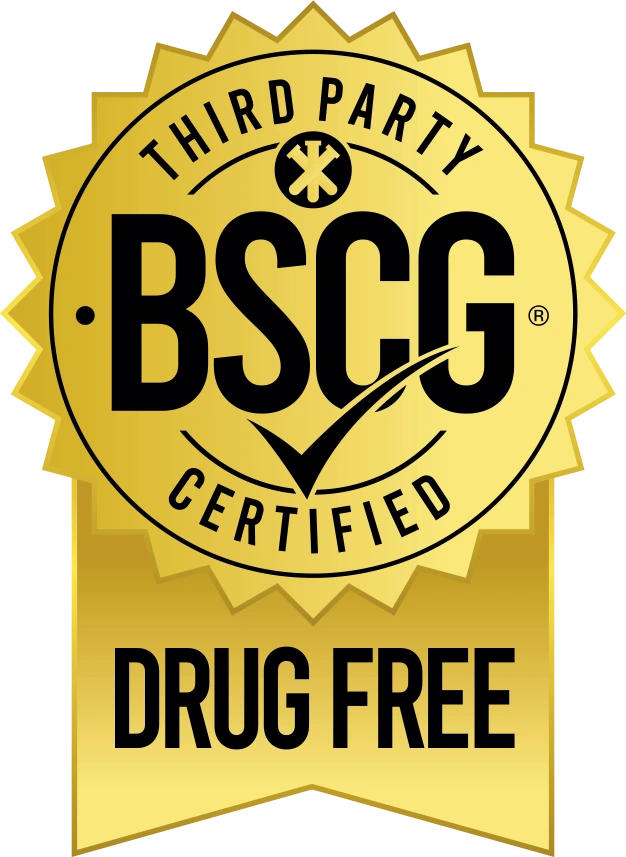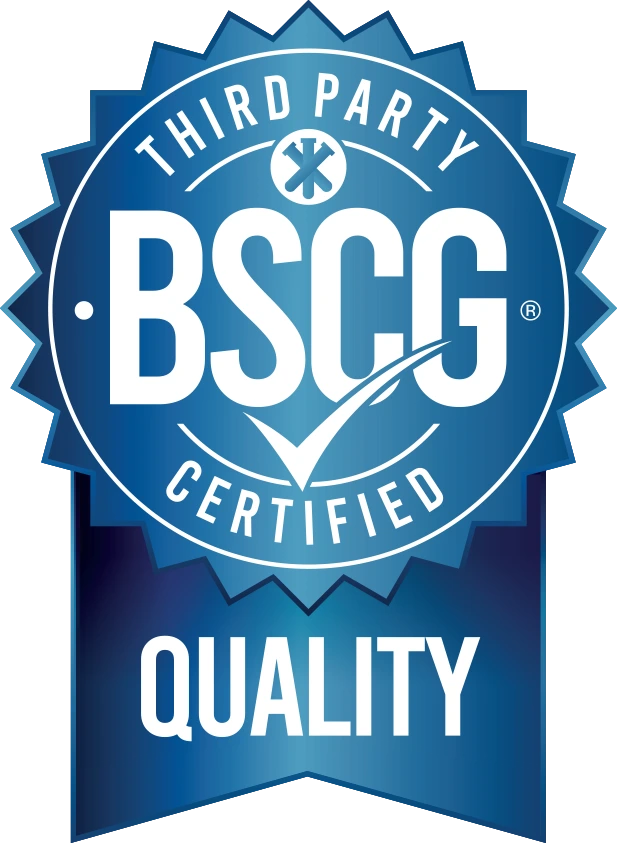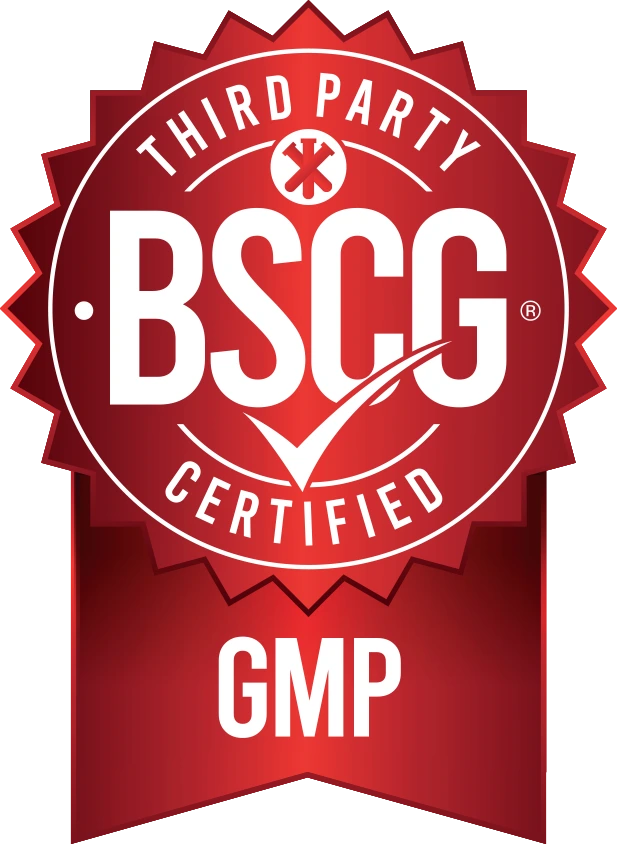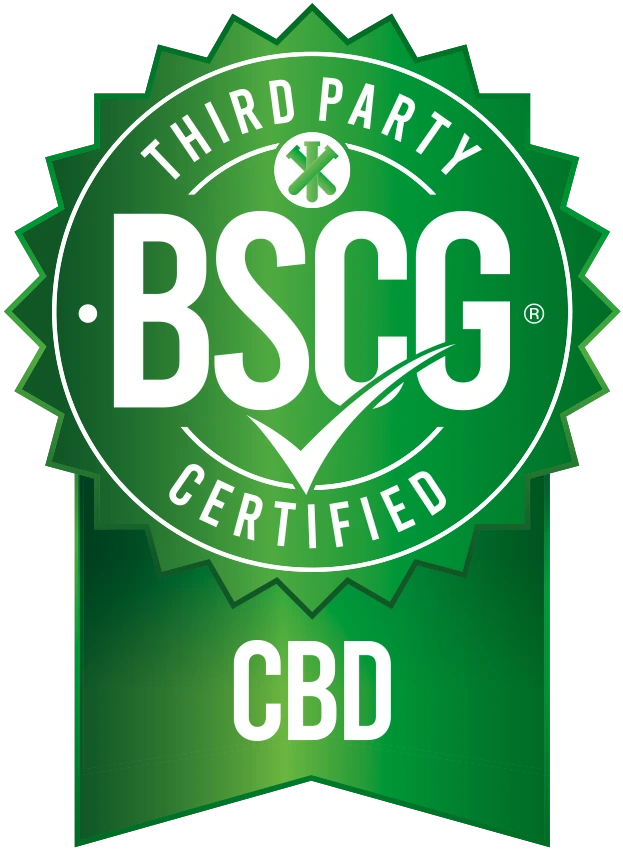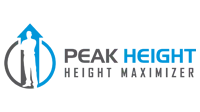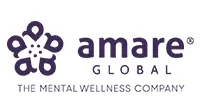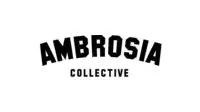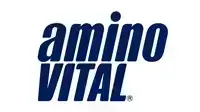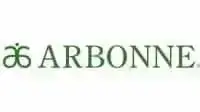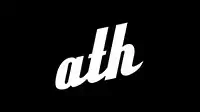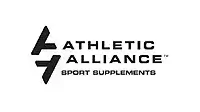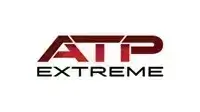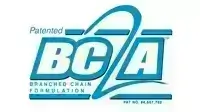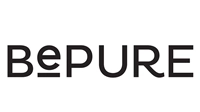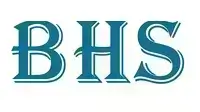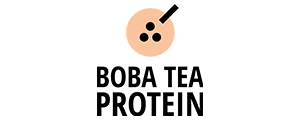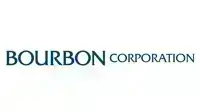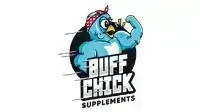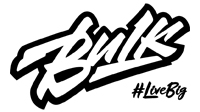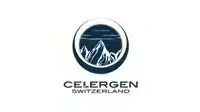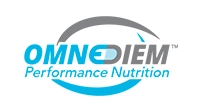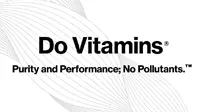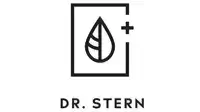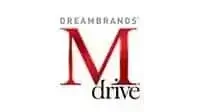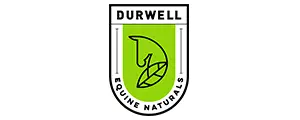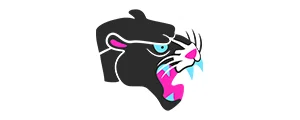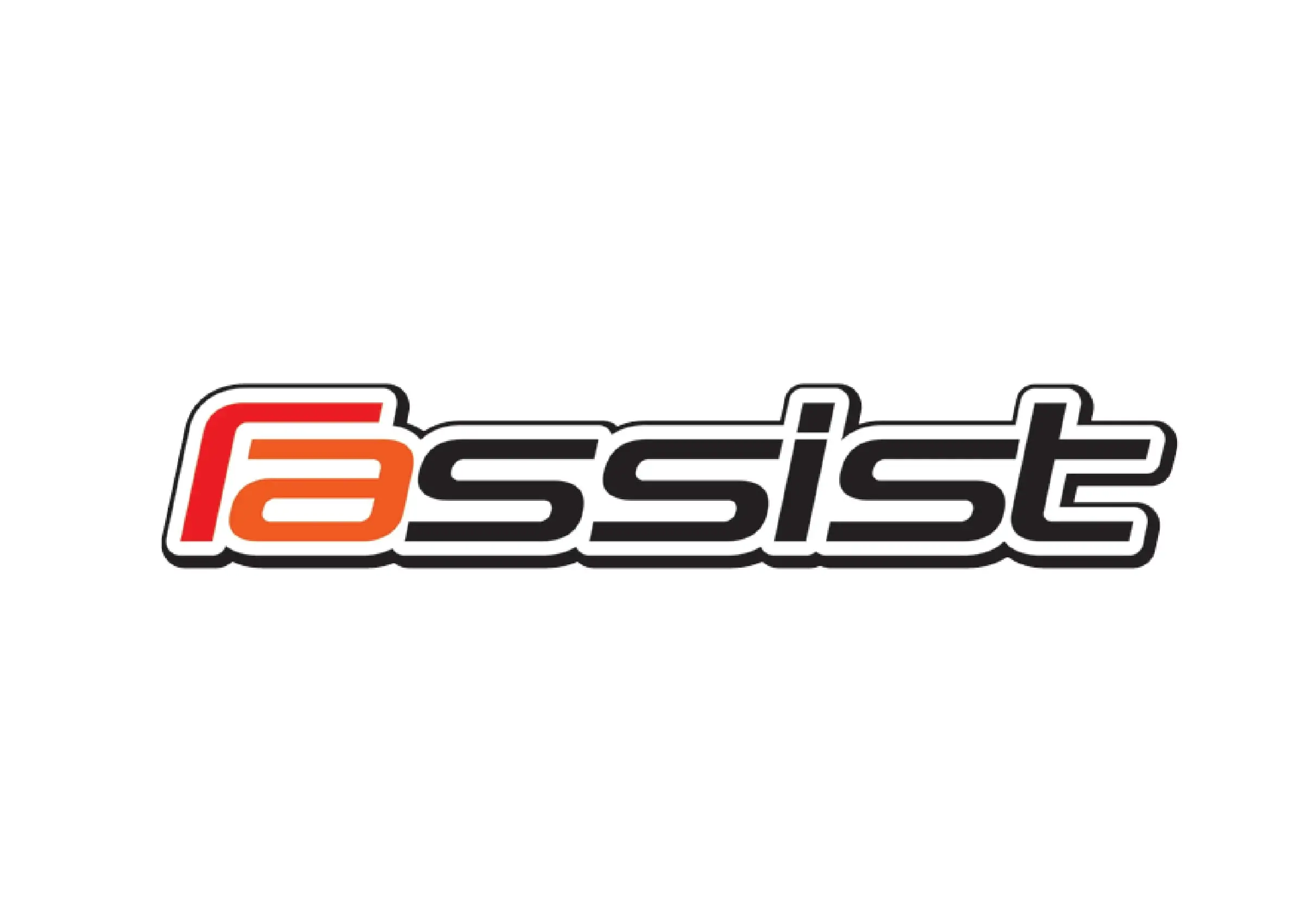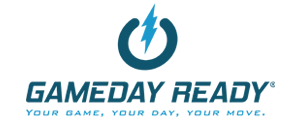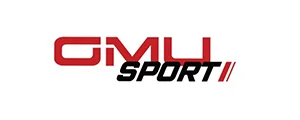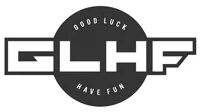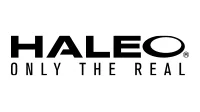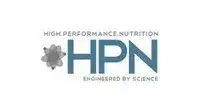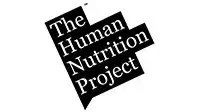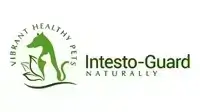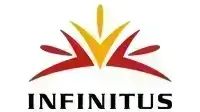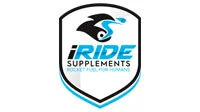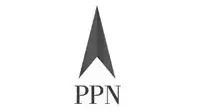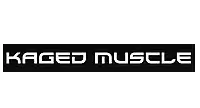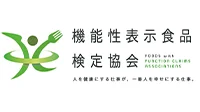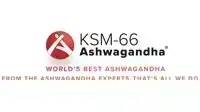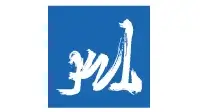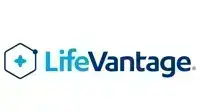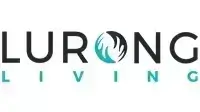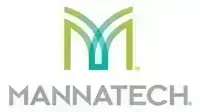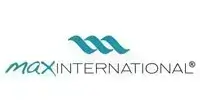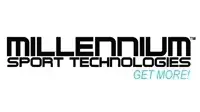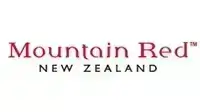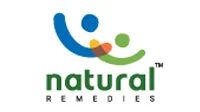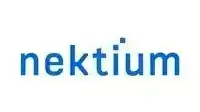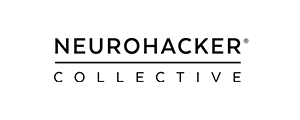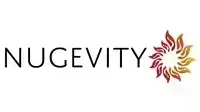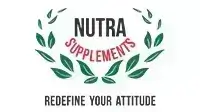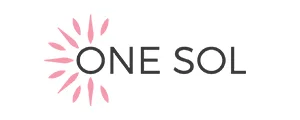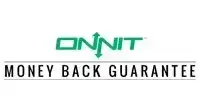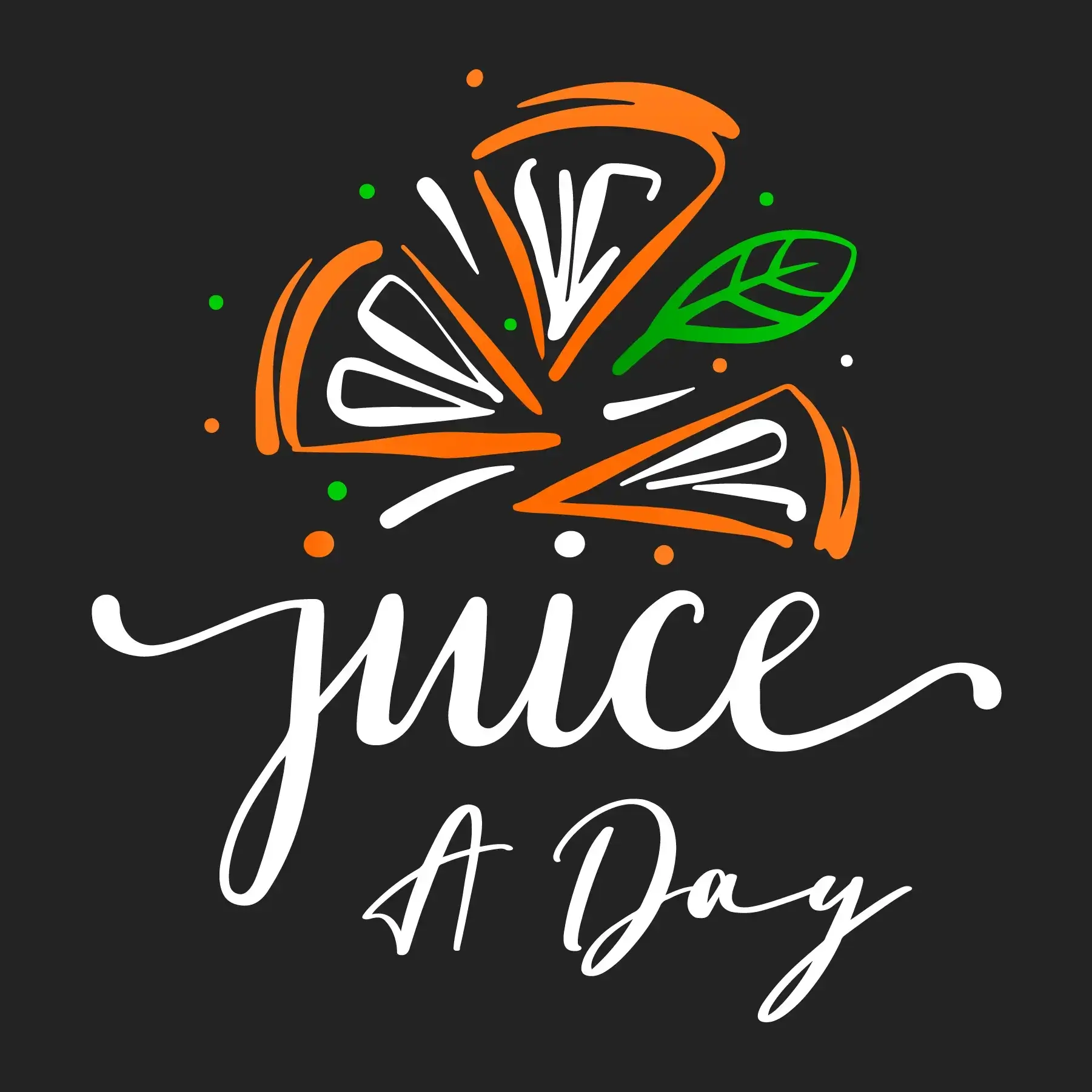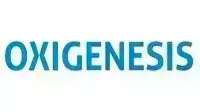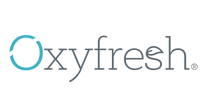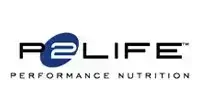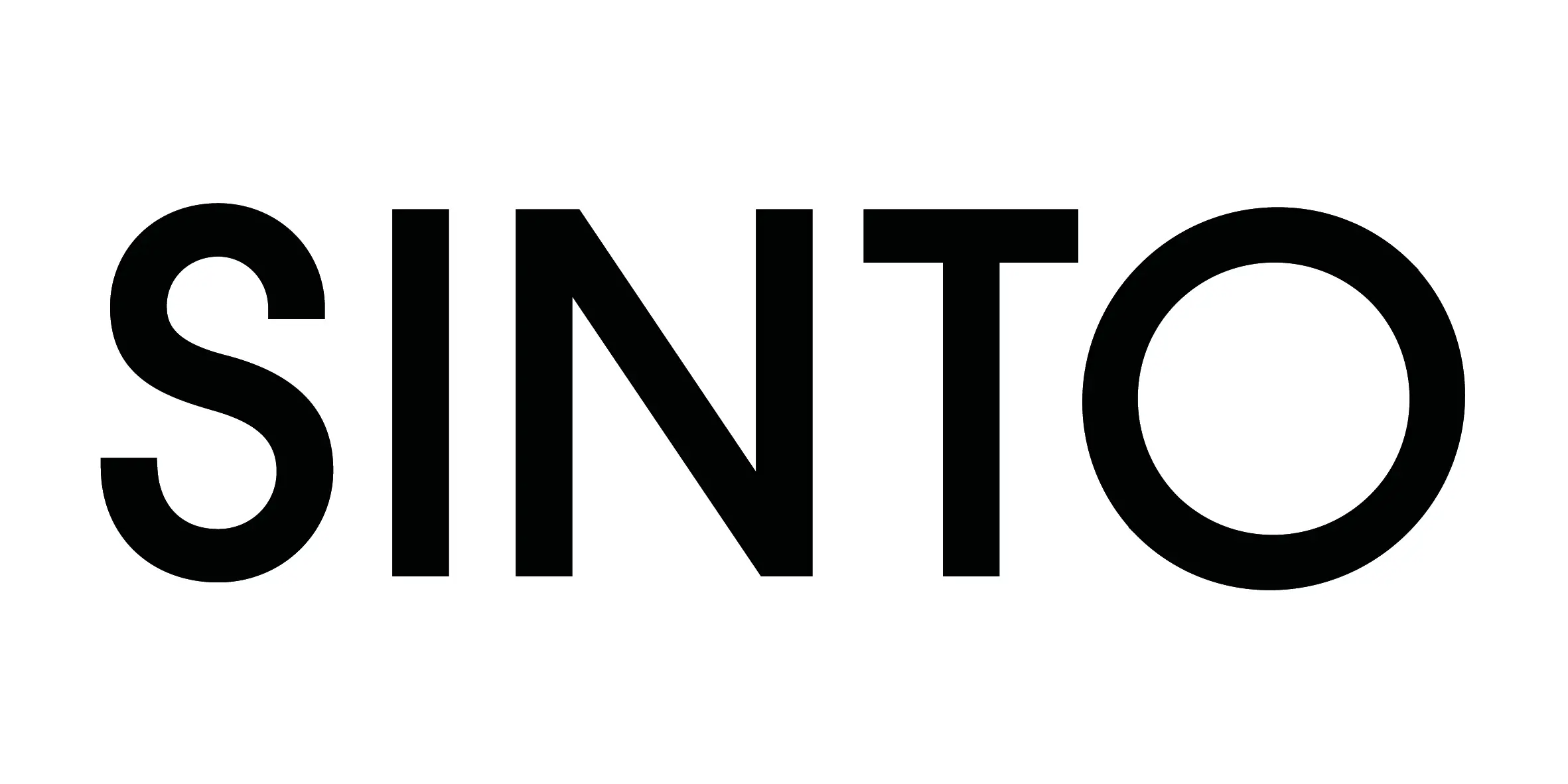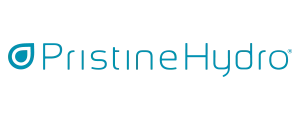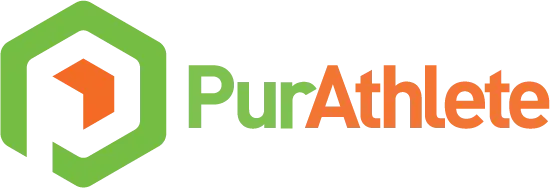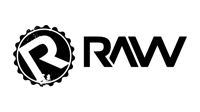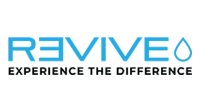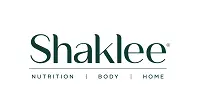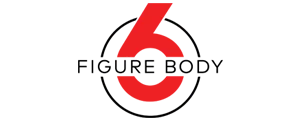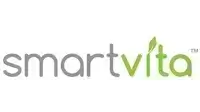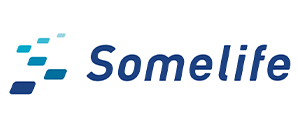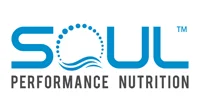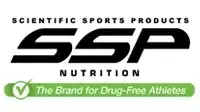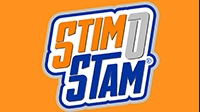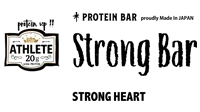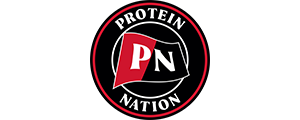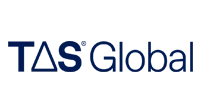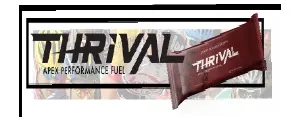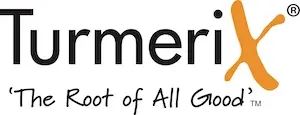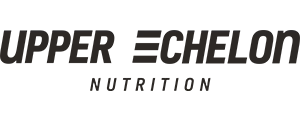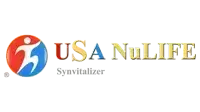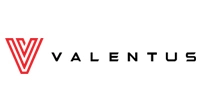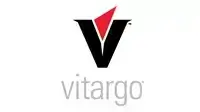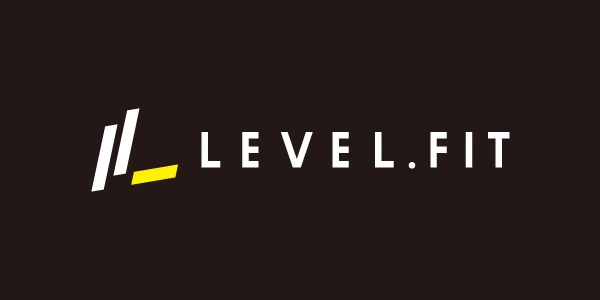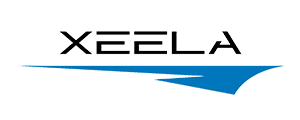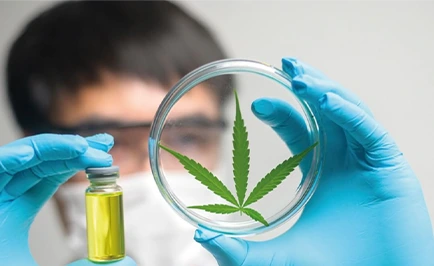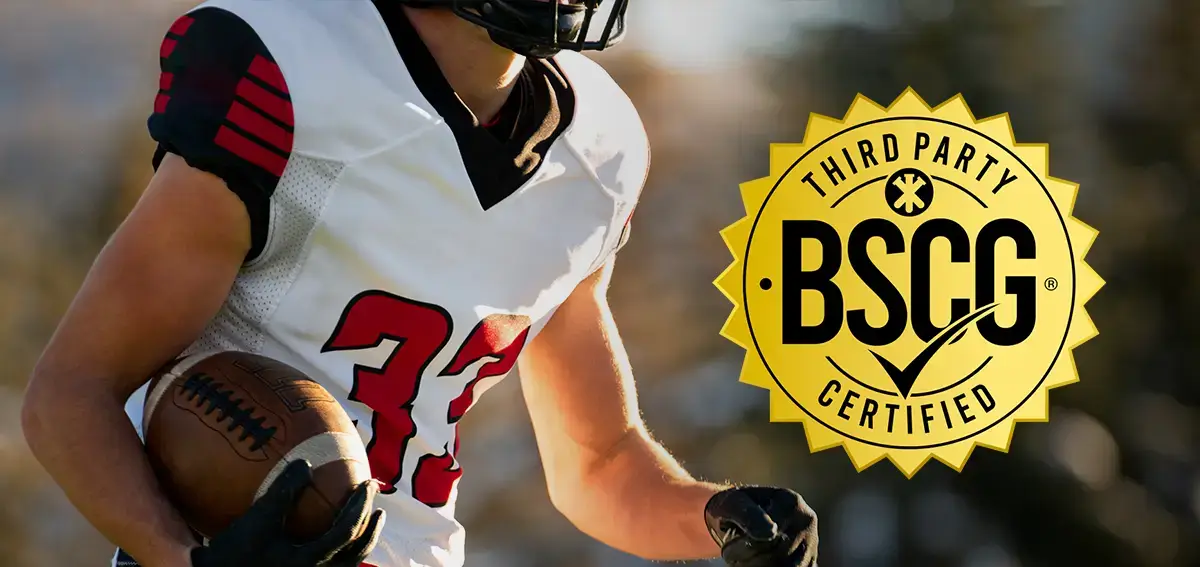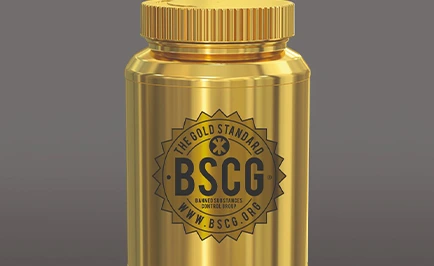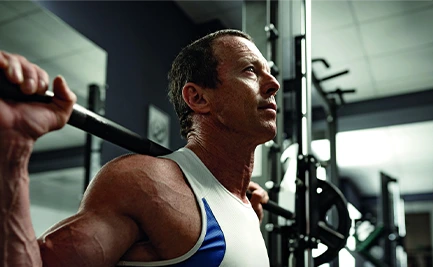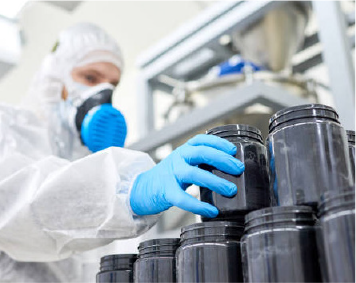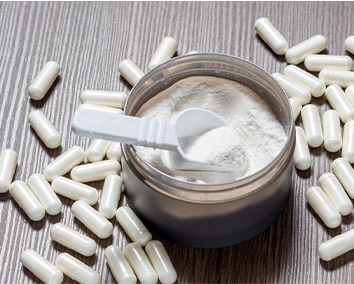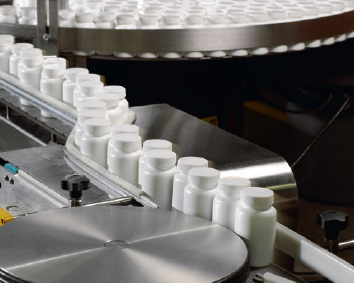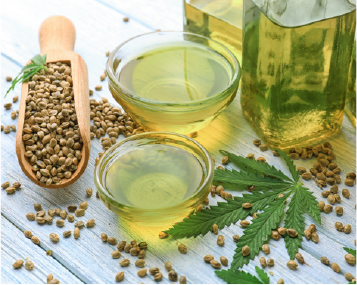Sports nutrition supplements aren’t always safe for NCCA Athletes
Feb 15, 2024

Sports nutrition supplements aren’t always safe for NCCA Athletes
Once upon a time, the only way to get hold of steroids was to be an Eastern Bloc weightlifter. Today, anyone with an internet connection and a credit card is a few carefully crafted clicks away from having them home delivered in a discreet brown envelope. There are obvious performance enhancers that are banned, like steroids, but when it comes to supplement ingredients, it pays to be informed and protected as it is not always so clear. It’s wise to figure out what’s allowed and what’s not. To help, the NCAA Banned List outlines categories and examples of what is prohibited. According to the NCAA's official website, it has banned the following classes of drugs:
- 1. Stimulants
- 2. Anabolic agents
- 3. Alcohol and beta blockers (banned for rifle only)
- 4. Diuretics and other masking agents
- 5. Narcotics
- 6. Cannabinoids
- 7. Peptide hormones, growth factors, related substances, and mimetics
- 8. Hormone and metabolic modulators
- 9. Beta-2 agonists
Some of these banned performance enhancers may be hiding in the ingredients at your local supplement store. In fact a recent survey showed that a whopping 28% of supplements were contaminated with substances that can make you test positive. Some of these may appear on the label, but others can show up as contaminants without the knowledge of the brand or you, the athlete. To avoid this concern, third-party certification for banned substances is a key consideration for college athletes.
The NCAA also has strict rules about other doping practices that can help athletes get an unfair advantage. According to the NCAA’s official website, these substances or practices are also subject to significant restrictions or penalties:
- 1. Blood and gene doping.
- 2. Local anesthetics (under some conditions).
- 3. Manipulation of urine samples.
- 4. Tampering of urine samples.
- 5. Beta-2 agonists are permitted only by prescription and inhalation.
You're wrong if you think you might be able to operate in a grey area. The NCAA states that there is no complete list of banned substances. Instead, any substance chemically related to the class, even if not listed as an example, is also banned. Someone could also interpret something as banned even if it is not listed. This means there is a zero-tolerance policy on any form of cheating, even if you’ve got a super-smart friend who cooked up a magical chemical that the world has never seen. If that chemical gives you an unfair competitive advantage that even remotely relates to the other categories of drugs, you could be banned. It’s never worth the risk of playing with magic potions.
Careful with your caffeine as it is banned in the NCAA if you go over a certain amount. The NCAA lists examples of substances that contain caffeine, like guarana. That doesn’t mean guarana itself is banned it is just an example of a source of caffeine. You know, like coffee, tea, chocolate and many other substances. There’s been some hype recently suggesting the popular energy drink Celsius is banned in the NCAA. It isn’t. Neither is Redbull, Monster or other popular brands, they just need to be limited. Get the facts on caffeine in the NCAA from BSCG.
Unfortunately, some dietary supplements may contain hidden substances that could lead to a positive drug test or, worse yet, could cause you harm. If you use supplements, they should be tested for banned substances by a qualified group like BSCG, NSF, or Informed Sport. Make sure the lot you have in your hand has been tested. BSCG and Informed Sport require every lot to be tested, NSF does not.



